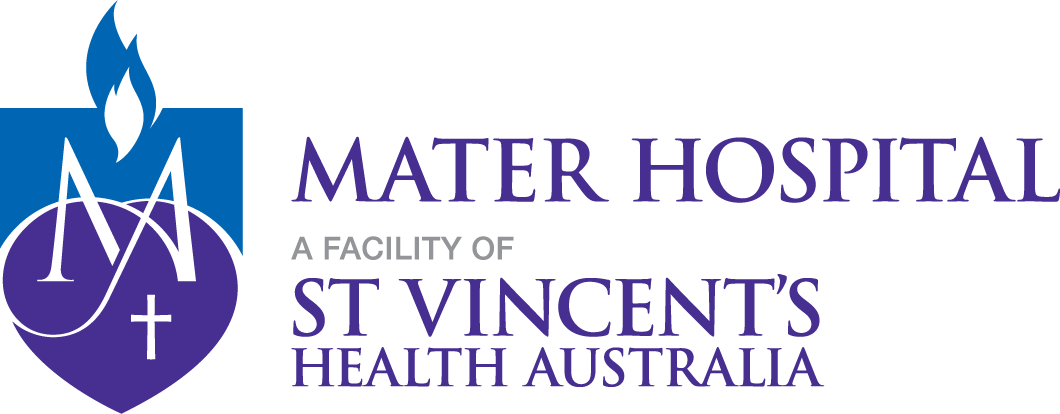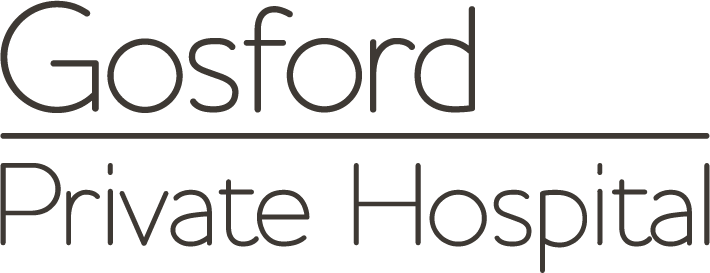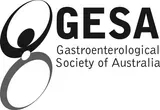Preparation for Surgery
Our aim is to provide you with all the information needed to make informed decisions about managing your health.
Preparation for Surgery
Pre-Op Checks
- Order tests including certain blood and urine tests, X-ray and electrocardiogram (for heart function) to assess your overall health.
- Discuss with your doctor regular medications – both prescribed and over-the-counter as well as supplements.
Medications
- Medications you can continue,
- Medications you need to stop before surgery,
- Any dietary adjustments required prior to your treatment, and
- Any other lifestyle changes recommended or required.
- Report any infections to me prior to surgery as the procedure cannot be performed until all infections have cleared up.
Pre-Op Milestones
Before Surgery
- Adjust medications as instructed
- Report any infections to me prior to surgery as the procedure cannot be performed until all infections have cleared up.
24 Hours Before Surgery
- Do not consume alcohol - 24 hours prior to treatment,
- Avoid vigorous physical activity or exercise 24 hours prior to surgery
- Stop smoking before surgery to avoid complications and delay in healing.
6 Hours Before Surgery
- Do not eat or drink anything, including water, for 6 hours before surgery.
Day of Surgery
What to Bring
Please plan your hospital stay assuming a duration of three days.
Arrival
- The information you have supplied in your admission pack will be confirmed by a nurse.
- The nurse will check your blood pressure, pulse, temperature, oxygen levels, medical/surgical history, and height and weight.
- A thorough assessment will also be carried out, please inform the admitting nurse if you have bowel or bladder dysfunction.
- Dependent on your age and history you will also have an ECG (Electrocardiogram) if you have not already assessed.
- The nurse will check if you have had routine blood tests prior to surgery, or if you require further blood tests.
- You may be reviewed by your anaesthetist prior to your surgery.
- You will be measured for and given a pair of TED (anti-embolic) stockings to help reduce the risk of a blood clot post-operatively. These are to be worn before you go into theatre and are to be kept on until the day of discharge. Nursing staff will assist you to take them on and off for showering.
- You will change into a hospital gown to ensure there are no delays in the theatre.
Anesthesia
- Administration of general anesthesia or sedation and local anesthesia
- The entire procedure can take 60 minutes to two hours.
- Procedure is performed and sent to recovery room, for observation
- Pain medications may be prescribed to help with pain during the recovery phase.
After Surgery
Recovery
- After your surgery you will remain in the recovery area until you are stable and comfortable then you will be transferred to the high dependency care unit for approximately 24 hours after your operation.
- The nursing staff will monitor your vital signs hourly. They will also monitor your wound, wound drain, intravenous drip, your oral intake and urinary output. In most cases, you will have a urinary catheter in situ and this will be removed 1 -2 days after surgery. You are allowed to commence food and fluids as tolerated if you do not feel nauseous. You may find it painful to swallow initially but this will settle. Please advise staff if you are experiencing any increased difficulty with your swallowing or of any voice changes.
- As you will need to remain in bed, your nurse will give you a hot towel wash on returning to the ward.
- You will have oxygen delivered through nasal tubing that needs to remain in place for the first 24 hours.
- The nursing staff will ask you regularly if you have any pain and will use a pain score system to assess your level of pain.
- You will be asked to rate your pain (Scale O = no pain to 10 = worst possible pain)
- Based on your answer, the nursing staff will arrange appropriate pain relief medication to be given to you.
Post Surgery Recovery
- Do not consume large amounts of alcohol after surgery,
- Avoid vigorous physical activity or exercise until advised,
- You will be instructed when you can shower.
- Follow the Post Surgery Treatment Plan proscribed by the surgeon and post op care specialists.
- Any questions or complications should be communicated directly to the surgeon












